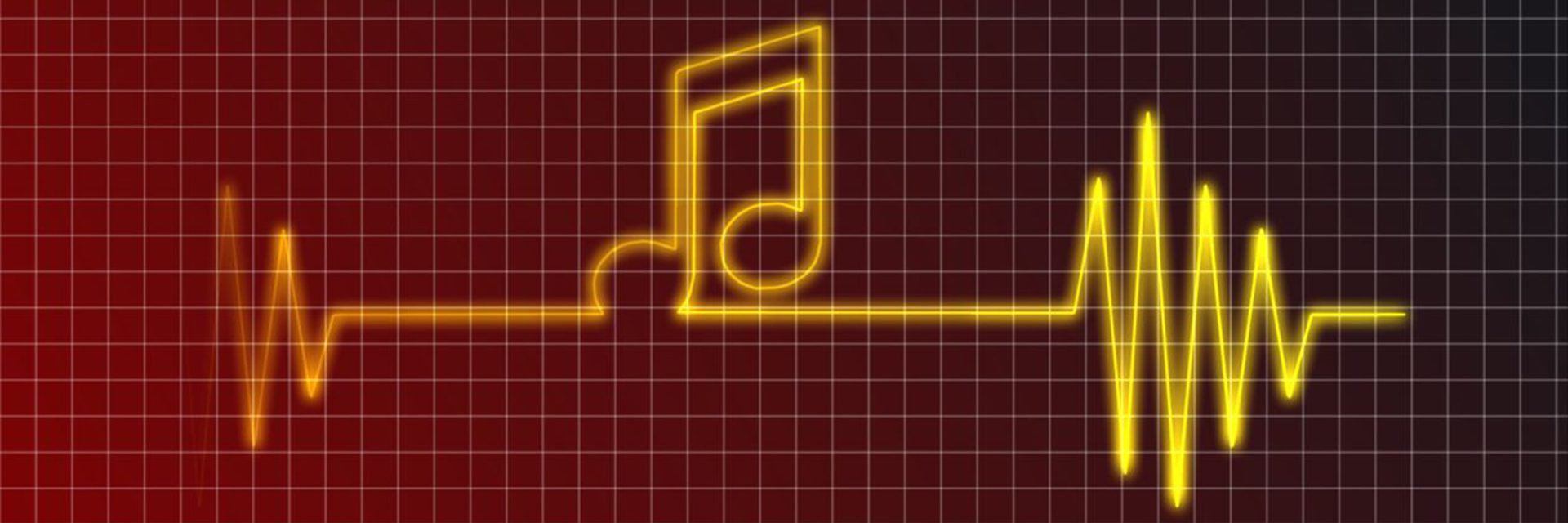This column first appeared in Independent on December 6, 2021.
Healing power of music has been recognized for its therapeutic effects on human health for centuries. Over a hundred years ago, Florence Nightingale advocated for the use of music as a tool to comfort and heal wounded soldiers. Today, research continues to uncover the profound ways music benefits physical and mental wellbeing at all stages of life.
One remarkable study conducted in the U.S. in 2016 found that playing music for premature babies significantly improved their development. Babies exposed to music ate more, gained weight faster, and had better sleep patterns. This positive response also allowed them to leave neonatal care units up to 12 days earlier than those who were not exposed to music.
Beyond infancy, the therapeutic effects of music extend to individuals recovering from injuries or illnesses. Studies show that listening to music helps reduce pain perception, making recovery more tolerable. Cancer patients, for instance, report better emotional resilience when they listen to calming melodies. For individuals with severe depression, music therapy has shown results comparable to, or even better than, antidepressants in some cases.
Healing power of music is also evident among individuals with autism. Adolescents exposed to musical therapy demonstrate enhanced communication skills and better social interaction. Similarly, music has proven beneficial for those with neurological conditions such as epilepsy. Research has identified a specific Mozart sonata that uniquely reduces seizure activity, further illustrating music’s neurological influence.
In palliative care settings, music has been used to manage pain effectively, often reducing the need for medications. It provides comfort not only to patients at the end of life but also to their caregivers. Music has the ability to foster emotional connections and a deeper understanding between caregivers and patients.
Musician and therapist Meadows has worked extensively with individuals suffering from dementia. She has observed how music can transform the quality of life for these patients, unlocking memories and emotions. Additionally, music therapy has positively influenced care staff, encouraging them to view patients as individuals with rich histories, ultimately improving the standard of care.
From infancy to end-of-life care, music has proven to be a powerful, non-invasive tool for healing. Its ability to soothe, heal, and connect underscores its vital role in promoting human wellbeing across the lifespan.
Read More: Independent
Find more Global Indian Top Reads

